FRANCO CORELLI – THE SINGING PRINCE
The tenor that shook the 20th century
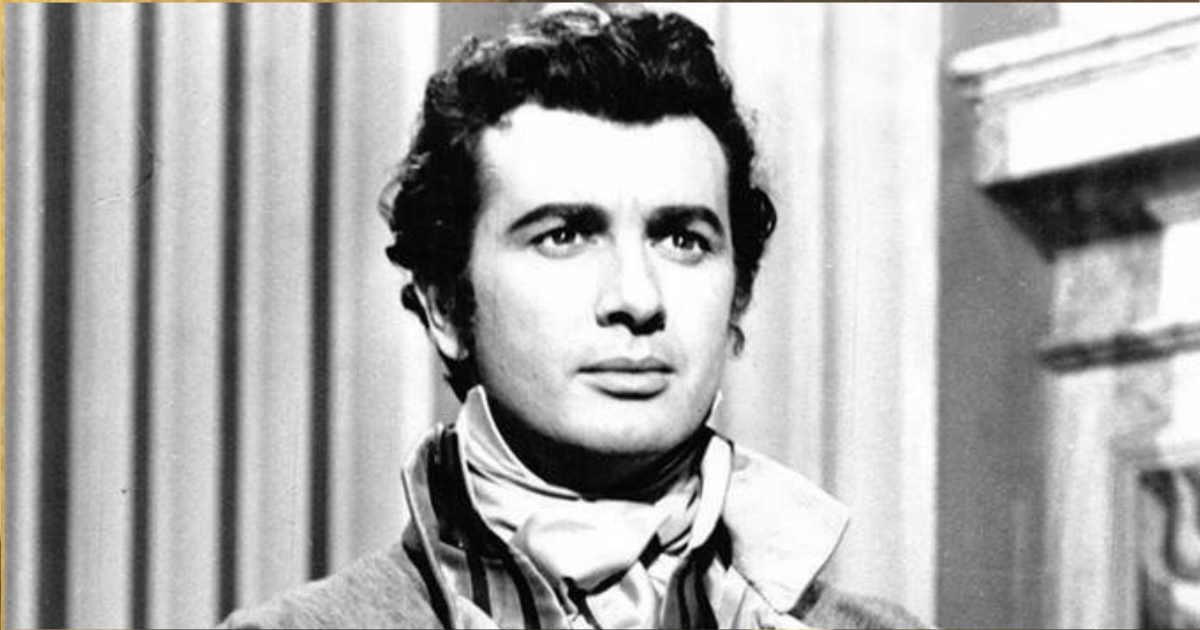
The magnificent world of opera is rich with fierce generals, golden trumpet heralds, enchanting queens, and princesses of incomparable beauty. But there is only one His Royal Majesty in this vast kingdom! To this day, no artist who has traveled the world and is known by nearly every soul born on this great Earth – be it the King of Pop, Michael Jackson, or Whitney Houston, whose voice became a living legend – has ever experienced the kind of fame that Enrico Caruso tasted, felt, saw with his eyes, and touched with his hands. He was more than any star shining in the musical firmament.
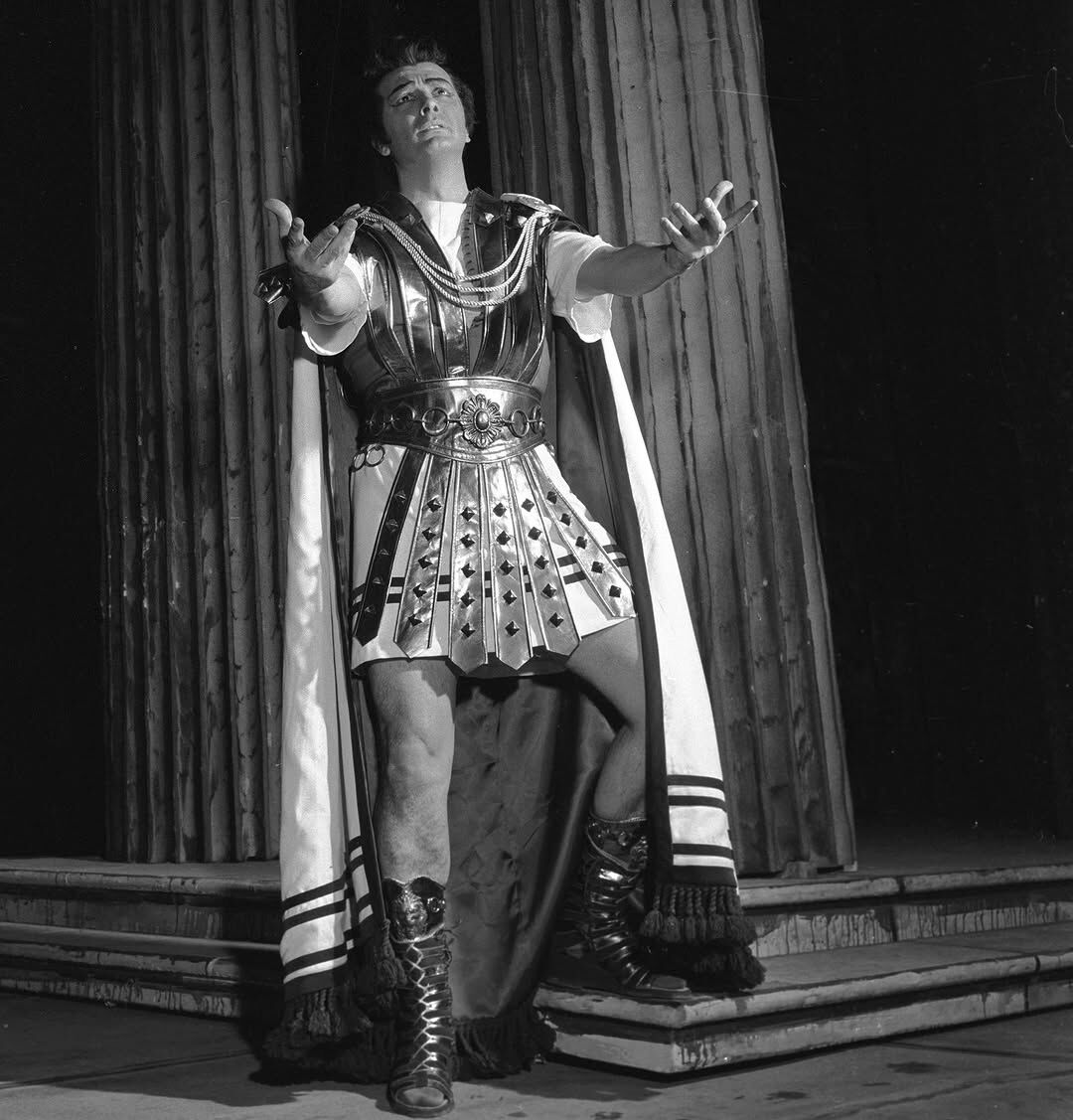
At a time when over half the world didn’t even know of the gramophone’s existence, it was Caruso’s voice that was first captured on record and crowned king.
And just five months before Caruso's death, the heavens gifted the world another pearl… The Italian people, the cradle of opera, took this in stride. And Caruso’s memory paused to light a new lamp – one that would illuminate the path of a new genius: Franco Corelli, dubbed the prince and heir to the operatic throne.
This young man, towering and broad-shouldered like a statue of strength, with wild stallion-like legs, thick dark hair, and gazelle eyes, first tried himself in athletics. Later, he entered an engineering school in his hometown of Bologna. But the music in his heart, his longing for art and love, led him to abandon his studies and take private voice lessons from a friend studying at the conservatory.
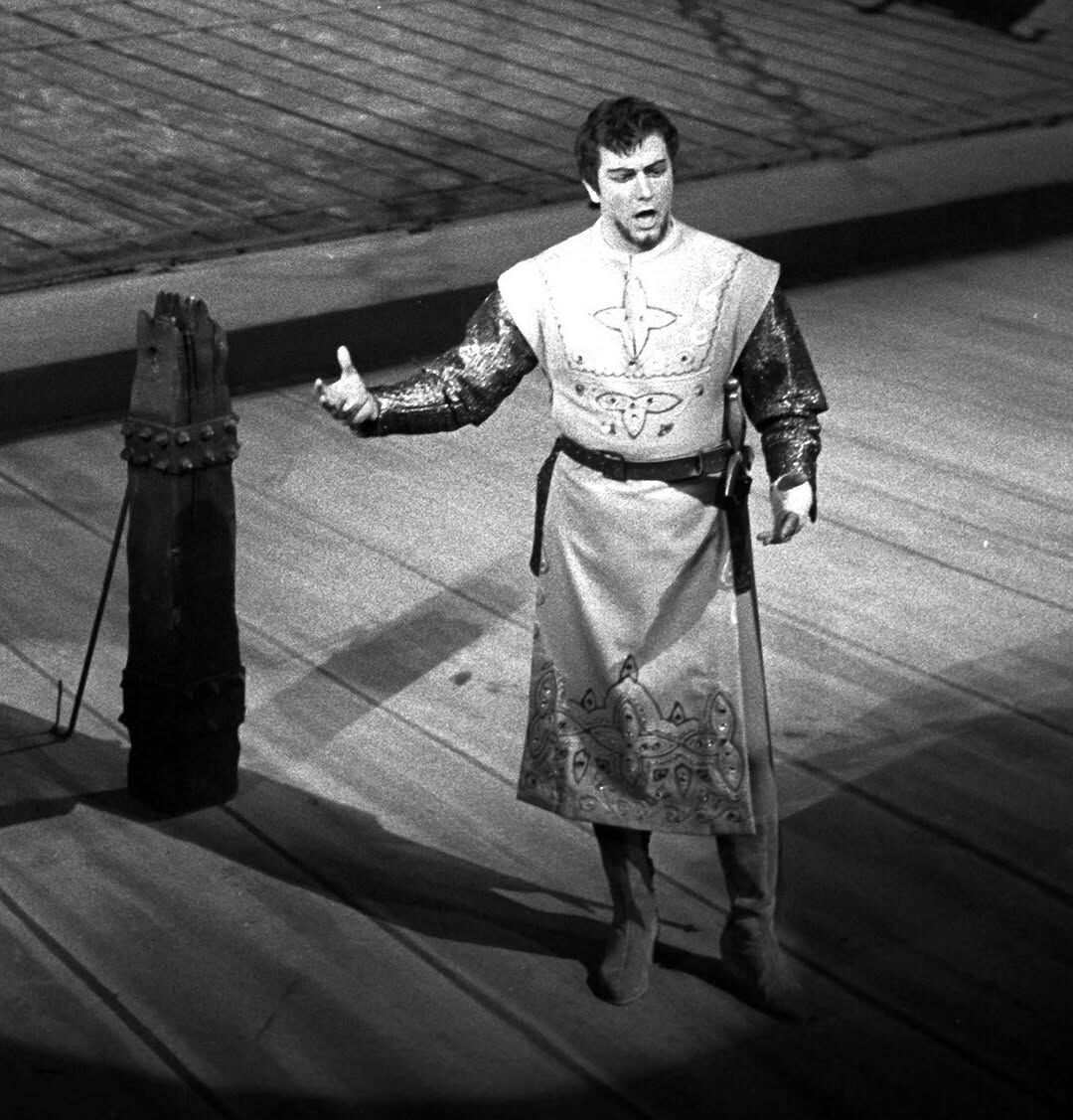
His friend was a student of the most renowned vocal teacher of the twentieth century – Maestro Arturo Melocchi. Melocchi earned fame in Italy for mentoring the legendary tenor Mario Del Monaco, whose voice was often compared to volcanic eruptions, and for developing a unique vocal method.
Corelli, who at first studied Melocchi’s techniques indirectly and later trained with him directly, soon recognized the drawbacks of the method – particularly the heaviness and excessive pressure on the larynx, along with their damaging consequences. Through personal research and experimentation, he modified the vocal technique he had been taught. As a result, his voice gained not only power but also remarkable flexibility. And thus began the journey of the young tenor – then unknown and unrecognized, yet already a prince in the world of opera.
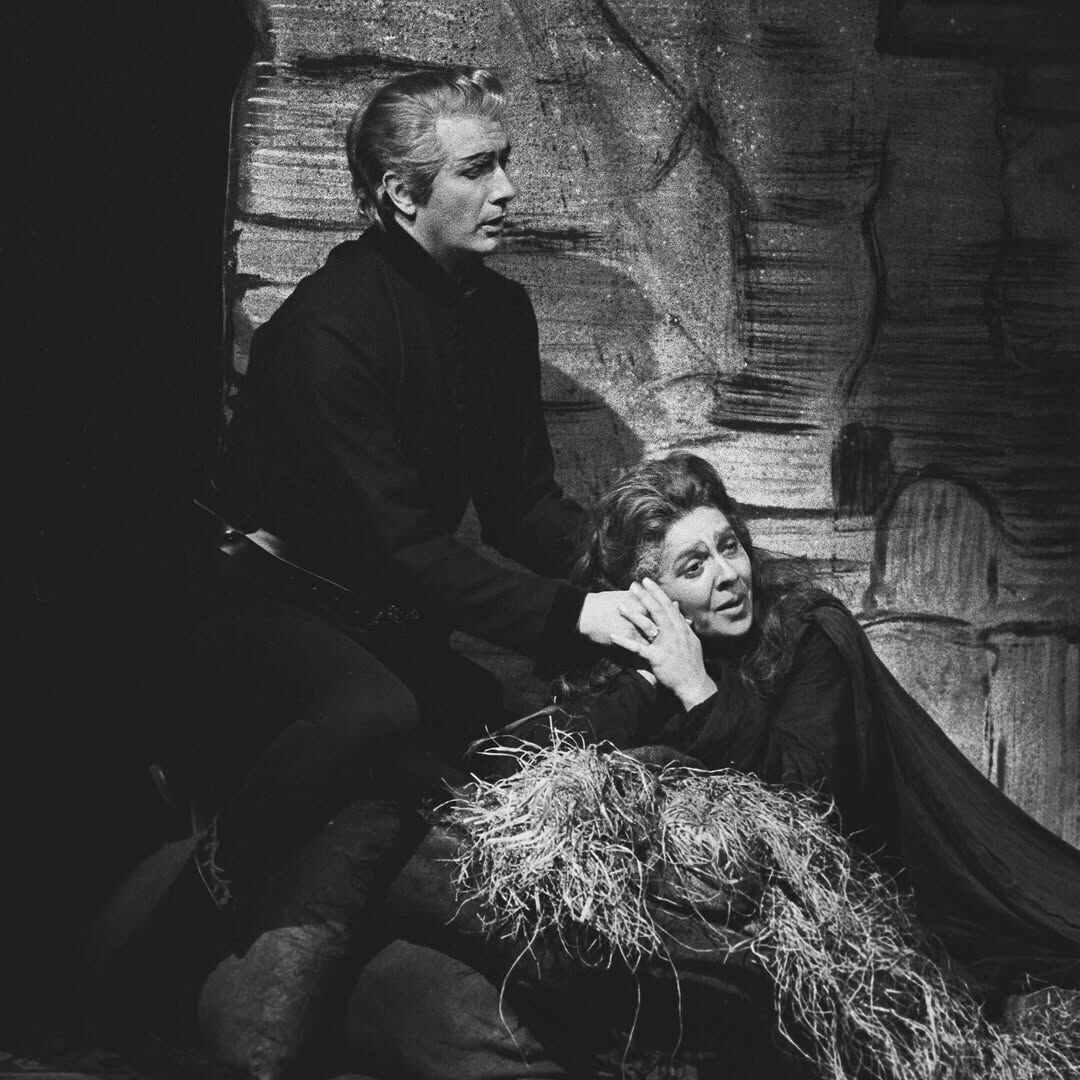
The aforementioned king, Caruso, once said: “A true artist must have the conscience to leave the stage before the audience notices his decline and becomes disappointed!” Franco Corelli possessed not only extraordinary talent but also the conscience and humanity to match that talent.
During the first three years of his career, he faced biased criticism due to his divine appearance – reminiscent of the Greek gods. One French magazine even opened an article with the words: “A tenor who drives flocks of ladies in velvet seats mad…” Yet thanks to the vast capabilities of his voice and his masterfully refined technique, down to the finest nuances and sharp transitions, he brought to life such roles as Radamès (Giuseppe Verdi’s Aida), Andrea Chénier (Umberto Giordano’s Andrea Chénier), Canio (Ruggero Leoncavallo’s Pagliacci), and Don José (Georges Bizet’s Carmen). These performances opened golden doors for him, not only to La Scala, the greatest theater he had dreamed of his entire life but also to Covent Garden in England and the Metropolitan Opera in the United States.
The 1960s came to be known as the decade of Franco Corelli. He performed the most demanding roles on the world’s most prestigious stages. Despite his immense success, he remained true to the “credo” of the king. Sensing even the slightest change or instability in his voice, Corelli, being true to his genius, chose to leave the stage with dignity, without tarnishing his artistry or legacy, and without ever disappointing his admirers.
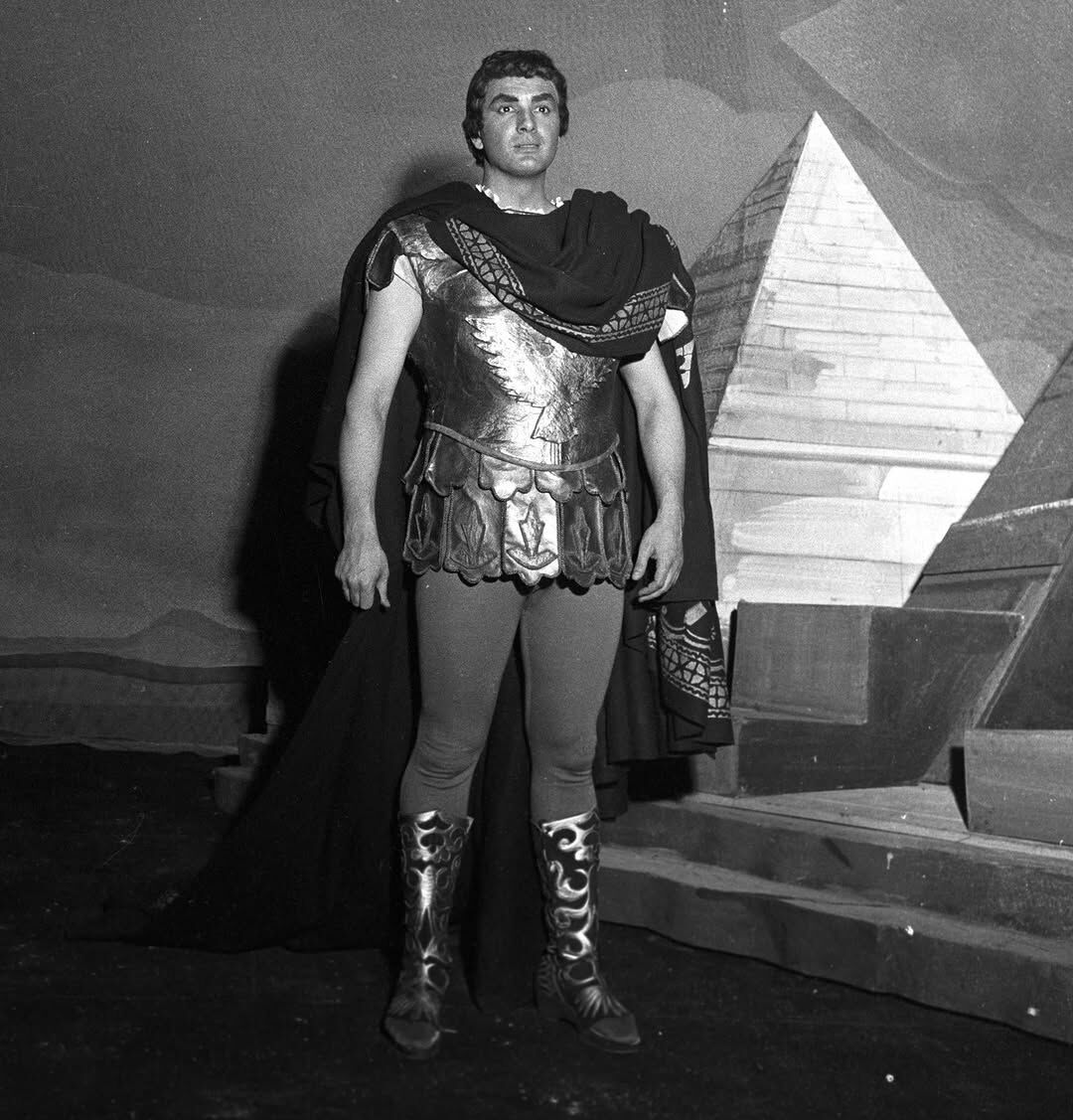
Exactly one year ago, on the eve of the great tenor’s birthday, your humble servant said:
«The proud body of a heartless Turandot, carrying centuries of pain and bitterness, could only kneel at your feet. Liù, shedding tears in the brightest of days, died with unblinking eyes for you.
You are rock, storm, thunder... Your voice shakes the seven climates. You are the crowned prince, inherited by us from the greats. Every member of high society sings your praises every day of their life. Thousands of hearts ache dreaming of seeing you, cursing those who dare claim your throne after you. I curse them!
Can one leave the stage in silence, with such roaring wisdom left behind? It seems yes. And how could one not love you for that?
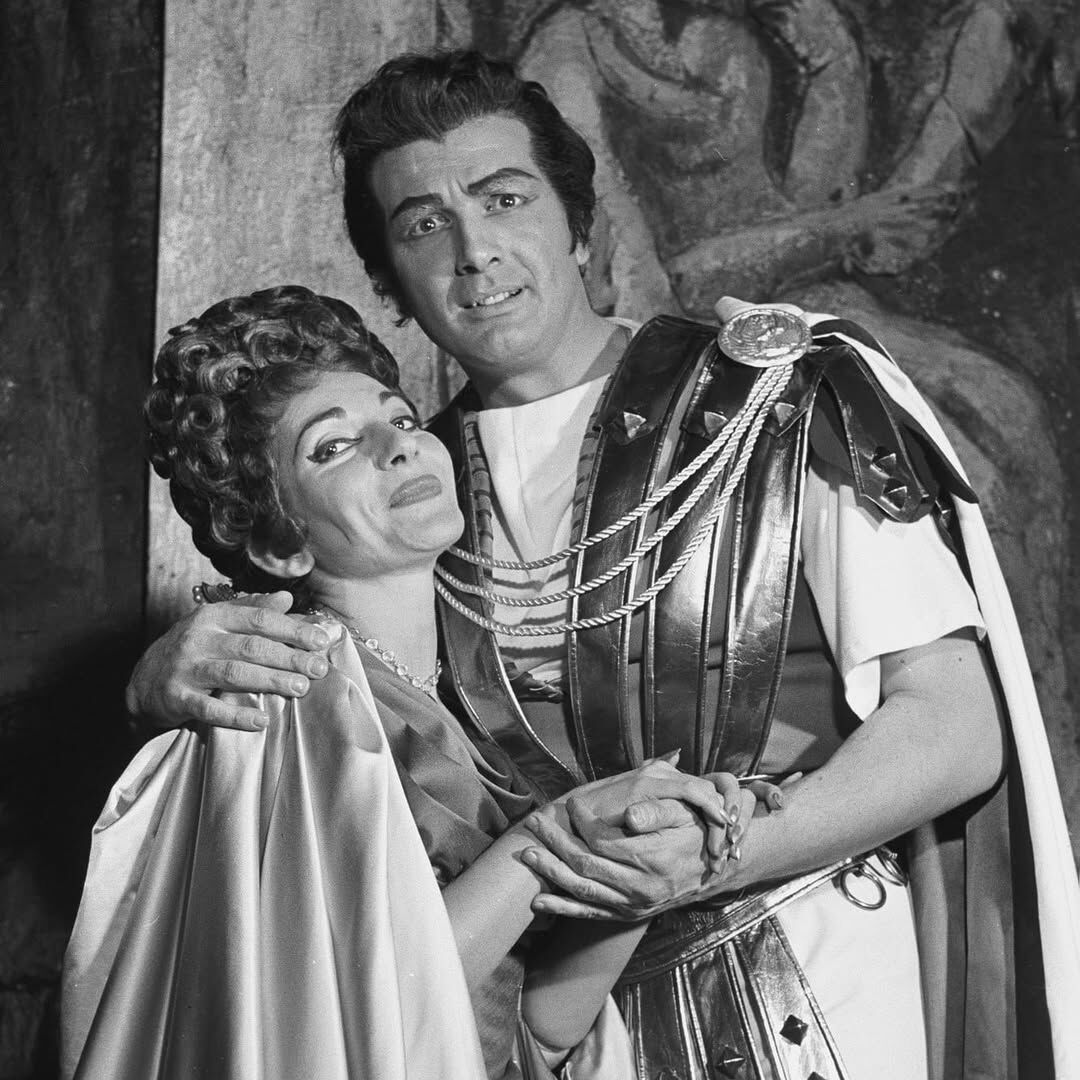
Can one leave the stage in silence, with such roaring wisdom left behind? It seems yes. And how could one not love you for that?
When our final breath leaves us and our hearts beat for the last time, if we are destined to meet you, let our conscience be clear. Even for that moment, we pick up our pen today – to defend art against its enemies.
Glory to your mother, who gave you to us on this day!»
Today, Corelli is no longer with us – such is the bitter truth of life! Yet the tapes and records that preserve his voice still outshine those who now step onto the stage. None of the “newcomers” truly know what sunlight is – they sculpt their own statues from warmth in the shadows.
Dear friends and dear readers, we believe the artistry of Franco Corelli will resonate with you. On April 8, in honor of the 104th anniversary of his birth, we invite you to enjoy some of his most breathtaking performances:
Photo: Franco Corelli info center


